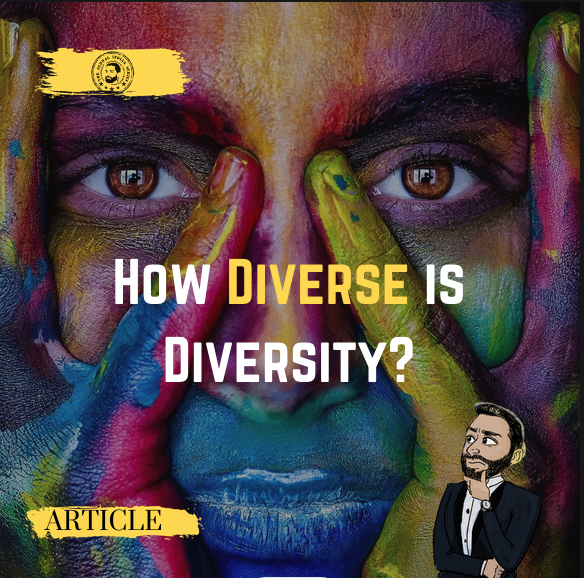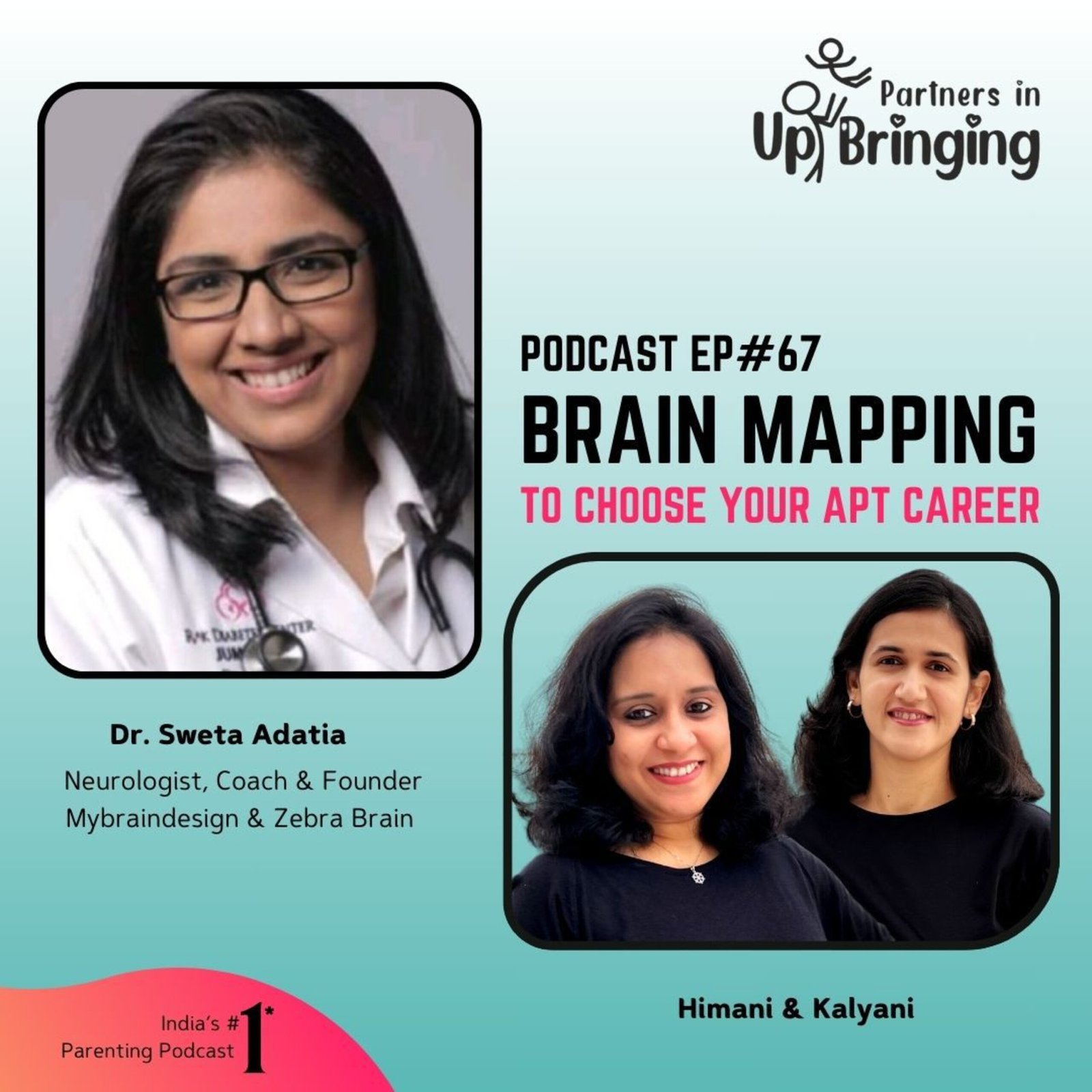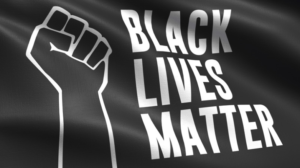
Despite being the second-largest ethnic group in the UK, British Asians are conspicuous by their near absence from most adverts, programmes (terrestrial, streaming on otherwise). Stereotypes abound. People of Indian origin still tend to play doctors, scientists and when they are cast against type, it all too often feels like tokenism. If the advert wants to look ‘inclusive’ put in a Sikh in a turban or a lady in a hijab.
George Floyd
Since George Floyd was brutally murdered by a police officer in Minneapolis in 2020, “I can’t believe” has become a rallying-cry across the world. And quite rightly so.
The affair and the subsequent protests it triggered catapulted the Black Lives Movements into the headlines. Although not without its critics, it has by and large been a force for good.
However, many British South Asians, those of a Middle Easterners and Far Easterners feel their voices are not being heard.
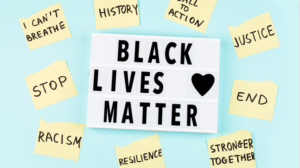
The State of Ads in the UK
We conducted an admittedly highly unscientific audit of 15 British YouTube adverts. Black people appear in 14, South Asians 3, Middle-easterners 1, and East Asians 1
Why are these minorities not better represented? Floyd’s murder and BLM have done much to change attitudes across society for the better.
Advertising, (and entertainment and the Arts, for that matter) is no exception. But in an effort to be seen to be doing the right thing, are advertisers trying too hard to represent black people, while forgetting other ethnic minorities?
According to the 2021 census, about 14% of the UK population was from an ethnic minority background, ranging from 3% in Northern Ireland to 15.7% in England. 3.4 % of Britain’s population is black and 6.9 % is Asian or Asian British.
43.8% of doctors and 38.8% of hospital consultants in NHS England were from ethnic minority backgrounds. Representation of Asian staff was particularly high, at 30.8% of doctors and 29.9% of consultants, compared with 7.6% of the economically active population.
To Few British Asians on screen and on the stage
British Asians are Britain’s largest and most successful (economically at least) ethnic minority, and although they are well-represented in the professions and indeed in public life, there are too few in dramas, adverts, plays and films.
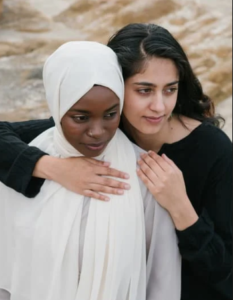
BLM: A Watershed Moment
When the establishment began to sit up and take notice of BLM in 2220, it was hailed as a watershed moment. And it was. It changed the zeitgeist and many in the media (particularly advertising) were keen to do their bit and some might say cash-in on the goodwill be being seen to take a stand against racism. However, in the pecking order of ethnic minorities, South Asians, Middle Easterners and Far Easterners come a distant second.
One could argue that this state of affairs is quite right. Slavery and serfdom has existed since time immemorial but the Atlantic Slave trade (in which for the most part West and Central Africans sold people to European slave traders) is a blight on humanity, one that has left terrible scars to this day. Partly as a result and partly because of mankind’s regrettable tendency to mistrust the Other, Black people have had to endure racial hatred and decimation.
Diversity: A Scared Cow
Diversity has become something of a sacred cow. It you dare to question some of its tenets, you risk being branded a racist. Most people see it as a good in itself and woe betide anyone who questions it wisdom.
Hard Questions
But hard questions do need to be asked without the risk of being ‘cancelled’
A PERSONAL PERSPECTIVE
As an Anglo-Iranian, I am not particularly exercised by the fact that there are few of us in public life or indeed on the big or little screens in the UK.
I try not to look at he world through the narrow prism of racial identity. Not that that I haven’t had my fair share of racism. I can assure I have both as a schoolboy and as an adult. Why, in the run up to Brexit, I was walking home one day when a white man zoomed past and shouted “Why don’t you f ******* go back to where you come from?”
If I were to insist that more Iranians should be on the news, on TV and in the arts, would I not be guilty of reverse racism? If indeed, we are all one species, then what does it matter? If indeed race and colour don’t matter, why should I worry that there are precious few people like me in the public eye?
Doubtless, I would feel different about the matter were I Black or of Indian origin for the simple reason that there are very few Iranians in Britain.
Conflating Diversity for Equality
However, I do believe many people wrongly conflate diversity for equality. Japan is not an ethnically diverse country. Quite the contrary. But it would be wrong to suggest that the UK is superior because it is more cosmopolitan.
Diversity begins to really matter when the majority (white, black or indeed any other colour) discriminates against the minority, when bigotry leads to racial hatred and inequality.
The Establishment and the media ensure their hegemony by adapting to changing circumstances to subtle shifts in the ether. Both realise that playing the diversity card is one of the most affective tools at their disposal.
Lest this sound cynical, I hasten to point out many people in public life and in institutions such as the BBC genuine want to right wrongs. There are many highly principled people in positions of power for whom racial equality reality matters. But at the same time they know that in the modern world all is perception.
Brand Activism: Profit in Virtue Signalling
For advertisers, there’s profit and brand equity in portraying themselves as the champion of racial equality. Piggy-backing on the zeitgeist, holding a mirror up to society makes them look good.
It is also a box ticking exercise. Failing to tick the Diversity box will cost you dear. You will do grievous damage to your brand and ultimately hurt your profits
For politicians, it is a question of political capital. It plays well with a huge section of society and ultimately makes them more likely to be elected, unless of course they belong to a Far Right party. In which case, sadly the opposite applies.
Irony
We’re not saying such people do not believe in the cause. We are merely pointing out virtue signalling on an Epic scale and that the establishment and perhaps even the public are doing the right thing for the wrong reasons. It might not even be a conscious programme but the fact remains there are ways to leverage diversity. The irony is that in so do doing they are in danger in making diversity less diverse.
-------------------------------

